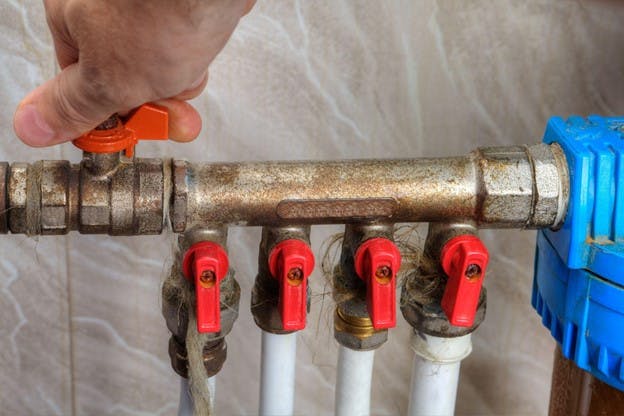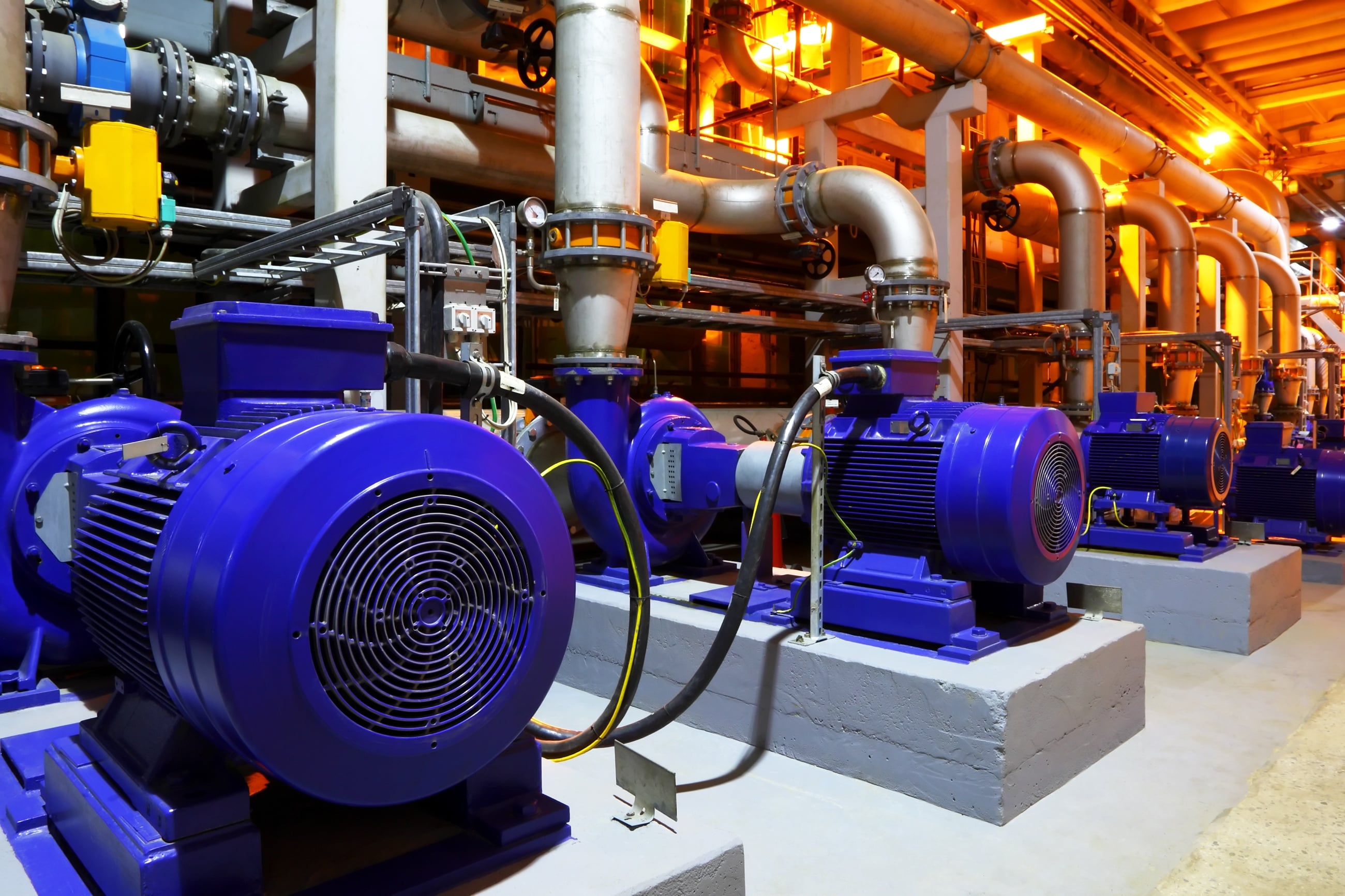Leading Strategies for Resolving Low Water Pressure in Your Home
Leading Strategies for Resolving Low Water Pressure in Your Home
Blog Article
What are your thoughts about Low Water Pressure in the House??

Low tide pressure in your home can be an irritating problem, affecting every little thing from bathing to cleaning meals. If you're experiencing weak water flow, there are numerous feasible causes and solutions to check out. In this guide, we'll go over typical factors for low tide stress and useful actions to deal with the problem effectively.
Introduction to Low Water Stress
Low water stress occurs when the circulation of water from your taps, showers, and other components is weaker than normal. This can make daily jobs more tough and much less effective. Recognizing the reasons for low water stress is crucial to finding the ideal option.
Common Root Causes Of Low Tide Pressure
Pipe Obstructions
Gradually, pipelines can come to be blocked with natural resource, sediment, or particles, restricting the flow of water. This is a typical problem in older homes with galvanized steel pipes.
Corrosion
Deterioration within pipes can result in leakages and minimized water stress. Rust build-up can restrict water flow, particularly in maturing plumbing systems.
Faulty Stress Regulators
Pressure regulators are in charge of preserving constant water pressure in your home. If they malfunction, it can lead to low tide stress or irregular circulation throughout the house.
Local Water System Issues
Sometimes, the problem lies outside your home. Municipal supply of water problems, such as main line leaks or upkeep work, can temporarily minimize water pressure in your location.
Just How to Diagnose Low Tide Pressure
Examining Faucets and Components
Begin by evaluating the water stress at different taps and components throughout your home. If the issue is separated to details areas, it may show local problems.
Inspecting Pipelines
Inspect visible pipelines for indicators of leaks, rust, or clogs. Take notice of any unusual audios, such as knocking or rattling pipelines, which can show issues within the plumbing system.
Consulting with a Plumber
If you're not able to pinpoint the source of low tide pressure, think about hiring an expert plumber to conduct a thorough assessment. They can determine underlying concerns and advise proper options.
DIY Solutions to Repair Low Tide Stress
Cleansing Aerators and Showerheads
Mineral deposits can gather in aerators and showerheads, decreasing water circulation. Remove and clean these elements consistently to enhance water stress.
Flushing Hot Water Heater
Debris build-up in the hot water heater can limit circulation and lower efficiency. Purging the container occasionally aids get rid of sediment and keep optimum efficiency.
Examining Stress Regulator
Ensure that the stress regulator is working correctly. Readjusting or replacing the regulator can assist recover appropriate water stress throughout your home.
Clearing Up Clogs in Pipes
For small blockages, try utilizing a plumbing snake or chemical drainpipe cleaner to clear blockages in pipelines. Beware when utilizing chemicals and adhere to safety standards.
When to Call a Professional Plumber
If DIY efforts stop working to settle the issue or if you presume significant plumbing problems, it's best to seek help from a qualified plumber. They have the competence and devices to attend to intricate concerns safely and effectively.
Safety Nets to Maintain Water Pressure
Routine Upkeep
Arrange routine upkeep for your plumbing system to avoid issues such as deterioration, leakages, and obstructions. Resolving minor troubles early can help stay clear of more considerable repair work later.
Installing a Pressure Booster
Take into consideration installing a pressure booster pump to improve water stress in locations with regularly low flow. This can be particularly advantageous for multi-story homes or buildings with high-demand components.
Surveillance Water Use
Be mindful of water usage practices and avoid overtaxing the plumbing system. Easy changes, such as shocking showers and washing loads, can help preserve ample water stress.
Conclusion
Taking care of low water pressure can be aggravating, but identifying the underlying reasons and executing suitable solutions can bring back optimal flow throughout your home. Whether it's cleansing aerators, evaluating pipes, or seeking advice from a plumber, taking positive steps can make certain a consistent supply of water for your daily demands.
HOW TO FIX LOW WATER PRESSURE IN YOUR HOUSE (EXPERT GUIDE)
The morning shower lacking any real pressure? Bathtub taking hours to fill? Or maybe you’re dissatisfied with the inadequate performance from your combi boiler?
Then you, like millions of others across the UK, might be experiencing low water pressure.
Fortunately, the good news is that you don’t have to continue living this way. The cause of low water pressure in the home is often quite simple, and you may not even require a plumber to fix the problem.
What causes low water pressure in the house?
If you are experiencing issues with water pressure throughout your home, then you may have one of the problems outlined below.
Most of these problems can be fixed quite easily, but for others, you may need to contact a plumber.
Obstructed Shutoff Valve
If you’ve just bought a new home or recently had building work conducted on your property, there is a chance that your water valves were not fully opened.
If the water valve is partially closed, then you may be restricting the amount of water entering your home. To fix this, simply ensure the valve is fully open.
If the valve appears fully open but you are still encountering reduced water pressure, then the valve may be broken. If this is the case, do not under any circumstances try to fix it without proper training.
Often found under your kitchen sink, a water valve will usually look like a bright yellow handle.
Again, if you believe the water valve is broken, contact a plumber immediately.
Leaks in Your Water Pipes
Leaks are the worst-case scenario when it comes to low water pressure.
If the water pipes are damaged, then this will cause low water pressure, as not all the water will make it to your taps.
After you’ve checked to see if the valve is fully open, you can conduct a leak check of your home. Now, this may seem scary, but it is actually quite simple.
Clogged Water Pipes
Clogged water pipes are one of the most common causes of low water pressure.
These clogs usually build-up when your home is supplied water via iron pipes. Iron is particularly vulnerable to rusting which can then break off and cause an obstruction within your system. You also face the problem of things like dirt, gravel or sand entering creating mineral deposits which further block water flowing from the mains water supply.
Unfortunately, if you suspect that clogged pipes may be restricting your water supply, then you will need to contact a plumber.
In this situation, you will either need to have your pipes removed and cleaned or in more severe cases, you could require a new set of water pipes.
Designer Taps
Designer taps look fantastic, but are they built to be efficient in your plumbing system? Modern taps are built for modern homes and they often have lower flow rates that are specifically designed for use within high-pressure systems.
Install a Water Pressure Booster Pump
If the issue is simply that the mains water pressure supply is too low, the simplest fix is to invest in a booster pump. Found in homes of all shapes and sizes, booster pumps are a relatively cheap option to add extra pressure to your home.
Designed to increase water pressure by passing water into the pump from your mains supply and then ejecting it into your home water system at a higher pressure, a booster pump is a truly simple and effective solution to increasing water pressure.
https://www.anchorpumps.com/blog/the-plumbers-guide-to-fixing-low-water-pressure/

HOW TO FIX LOW WATER PRESSURE IN YOUR HOUSE (EXPERT GUIDE)
The morning shower lacking any real pressure? Bathtub taking hours to fill? Or maybe you’re dissatisfied with the inadequate performance from your combi boiler?
Then you, like millions of others across the UK, might be experiencing low water pressure.
Fortunately, the good news is that you don’t have to continue living this way. The cause of low water pressure in the home is often quite simple, and you may not even require a plumber to fix the problem.
What causes low water pressure in the house?
If you are experiencing issues with water pressure throughout your home, then you may have one of the problems outlined below.
Most of these problems can be fixed quite easily, but for others, you may need to contact a plumber.
Obstructed Shutoff Valve
If you’ve just bought a new home or recently had building work conducted on your property, there is a chance that your water valves were not fully opened.
If the water valve is partially closed, then you may be restricting the amount of water entering your home. To fix this, simply ensure the valve is fully open.
If the valve appears fully open but you are still encountering reduced water pressure, then the valve may be broken. If this is the case, do not under any circumstances try to fix it without proper training.
Often found under your kitchen sink, a water valve will usually look like a bright yellow handle.
Again, if you believe the water valve is broken, contact a plumber immediately.
Leaks in Your Water Pipes
Leaks are the worst-case scenario when it comes to low water pressure.
If the water pipes are damaged, then this will cause low water pressure, as not all the water will make it to your taps.
After you’ve checked to see if the valve is fully open, you can conduct a leak check of your home. Now, this may seem scary, but it is actually quite simple.
Clogged Water Pipes
Clogged water pipes are one of the most common causes of low water pressure.
These clogs usually build-up when your home is supplied water via iron pipes. Iron is particularly vulnerable to rusting which can then break off and cause an obstruction within your system. You also face the problem of things like dirt, gravel or sand entering creating mineral deposits which further block water flowing from the mains water supply.
Unfortunately, if you suspect that clogged pipes may be restricting your water supply, then you will need to contact a plumber.
In this situation, you will either need to have your pipes removed and cleaned or in more severe cases, you could require a new set of water pipes.
Designer Taps
Designer taps look fantastic, but are they built to be efficient in your plumbing system? Modern taps are built for modern homes and they often have lower flow rates that are specifically designed for use within high-pressure systems.
Install a Water Pressure Booster Pump
If the issue is simply that the mains water pressure supply is too low, the simplest fix is to invest in a booster pump. Found in homes of all shapes and sizes, booster pumps are a relatively cheap option to add extra pressure to your home.
Designed to increase water pressure by passing water into the pump from your mains supply and then ejecting it into your home water system at a higher pressure, a booster pump is a truly simple and effective solution to increasing water pressure.
https://www.anchorpumps.com/blog/the-plumbers-guide-to-fixing-low-water-pressure/
I came across that article on 10 Reasons for Low Water Pressure in Your House while exploring the internet. Do you know about somebody who is interested in the niche? Do not hesitate to share it. Thanks for your time invested reading it.
Request Estimate Report this page